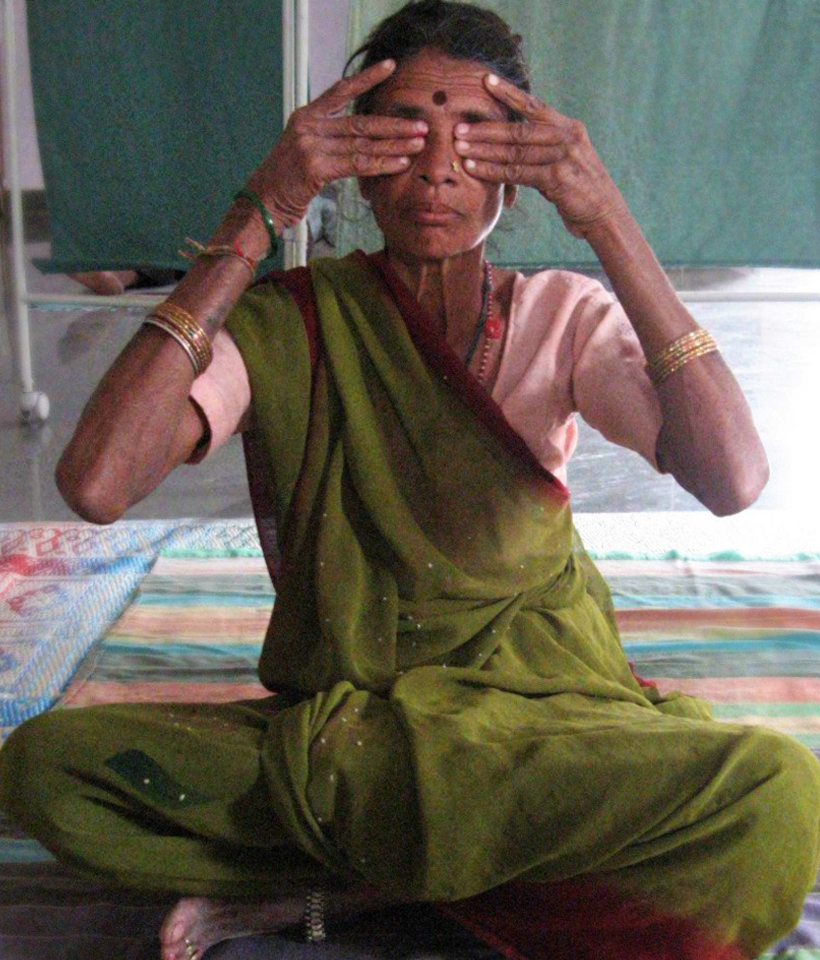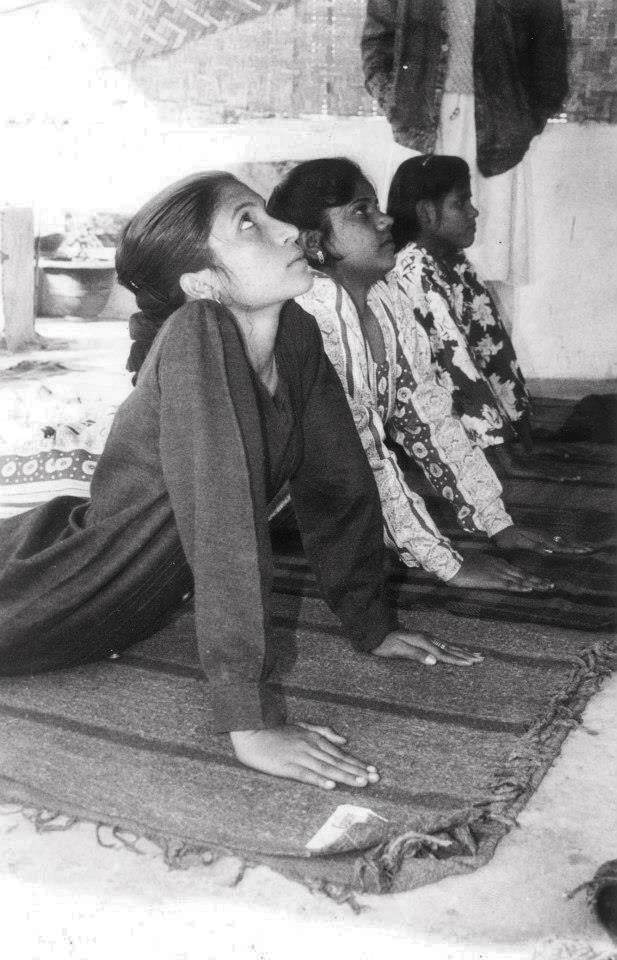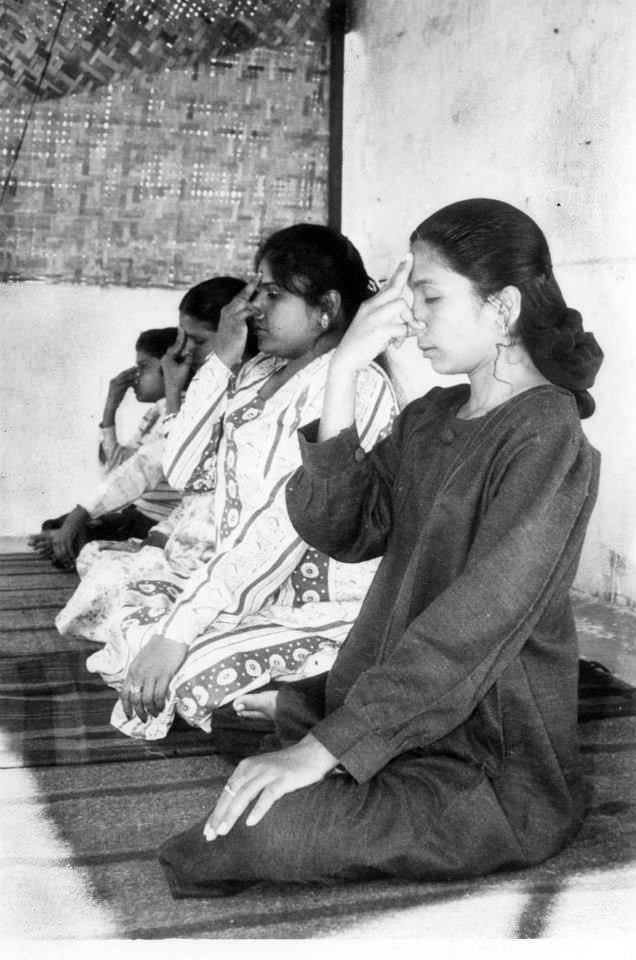by Melanie Hadida for ‘Pass it To The Left’ Blog.
Since 2007, I have spent several months of my life living and working at the Sambhavna Trust Clinic in Bhopal, India. The Sambhavna clinic is the product of a vision born out of awe-inspiring community based activism in the wake of the world’s worst chemical disaster.
On December 3rd 1984, at 10 minutes past midnight, a Union Carbide pesticide plant, operating under extensive cost-cutting measures with sub-par safety facilities, leaked over 27 tons of methyl-isocyanate — a deadly gas — into the air. The gas released was carried by winds into the heavily populated slum neighbourhoods surrounding one side of the factory, affecting some of Bhopal’s most impoverished people.
Over half a million Bhopalis were exposed to this gas that night and 20,000 people died in the immediate aftermath as a result of their exposure, with many more dying each year from gas-related illnesses. The continuing disaster or “refers to on-going contamination and poisoning of 16 slum communities’ only water sources. The abandoned Union Carbide pesticide factory still stands in Bhopal today — a looming reminder of “that night” — rusting and decomposing, while bottles of highly toxic chemicals collect cobwebs and dust, and pose a very real threat to the thousands who live nearby.
The Sambhavna Trust Clinic was created by survivors and dedicated international supporters to provide gas and water contamination affected Bhopalis with free, integrative and holistic health care. Free meaning free, integrative meaning patients aren’t just given pills and sent on their way, and holistic meaning patients’ minds, bodies and spirits are respected, healed and empowered.
The Clinic believes in creating possibilities for patients by generating compassion. The work carried out by Sambhavna has proven that it is possible to evolve simple, safe, effective, ethical and participatory ways of treatment, monitoring and research for the survivors of Bhopal.
At Sambhavna, survivors are offered free medical care through allopathy, ayurveda (an indigenous system of medicine based on herbs), yoga, as well as through Western medicines. The 65 staff members of the Clinic (among whom 23 are survivors themselves) include doctors, yoga and Panchakarma therapists, gardeners, and community health workers and researchers who carry out health surveys, health education and community initiatives promoting better overall health in the gas and water affected neighbourhoods of Bhopal.
Provision of appropriate medical care is one of the central activities of Sambhavna. Great care is taken to ensure that any drugs that are prescribed do not add to the damage already caused. Patients who register at the clinic are given the liberty of choosing which system of treatment they wish to pursue: Allopathic or Ayurvedic medicine. Many patients are treated with a combination of both practices.
For years I’ve had the privilege of witnessing this unique and incredibly effective system of healing at play. One way in which Bhopal survivors are healing — especially women — is through Yoga therapy. The practice costs nothing, is sustainable – once learned can be practiced outside of the clinic — and most importantly, Yoga calls for the patient to be an active participant in her own healing.
Among the survivors, Women in Bhopal have been particularly badly affected by the contamination, suffering a plethora of complaints. In addition to respiratory, musculo-skeletal and neurological health complications experienced as a result of the disaster, thousands of women are also affected by gynecological and endocrinal problems. And in a city where many Muslim and Hindu women still wear the veil, intimate matters are not easily discussed with strangers.
When Yoga was first introduced at the Sambhavna Trust Clinic, many patients receiving free care thought the relief from their pain and health complications could come only in the form of a pill. But Yoga’s remarkable efficacy as a drug-free therapy has had tremendous impacts on the lives of Bhopali women of all ages.
The Sambhavna Trust Clinic carried out a study of how Yoga has affected the menstrual problems of gas-affected women. The sample was of women between 18 and 38 years old who were divided up into a test group and control group. In the month before the study began the women in the test group received a months training in specified Yoga asanas. After this, they took no medicines for six months for menstrual problems and only practiced Yoga, while the control group took medicine but didn’t practice any Yoga.
All the women in the test group practiced a special set of asanas. Surya Namaskara, which improves transmission of ‘vital air’ in the body. It helps balance the nervous system and the endocrine, and Bhujangasana, Shalabha Asana, Dhanurasana and Ushtrasana mainly affect the ligaments and muscles of the pelvic region.
When the study period ended, women brought their menstrual charts to the clinic hidden in the folds of their saris and burkas and shared them in complete privacy. The results were striking. Women in the control group showed no particular improvement in the regularity of their cycles or feelings of pain. However, in the test group more than half the women with abnormal cycles reported that they now had regulated and most of the women also reported significant relief from pain.
In the early days after the Gas Disaster, a tragedy caused by corporate greed and neglect, another industry was benefiting from a spontaneous windfall — the pharmaceutical industry. Government hospitals treating survivors were indiscriminately prescribing impoverished patients with steroids, antibiotics and psychotropic drugs, which compounded the damage caused by the initial gas exposure; the health status of the survivors and their children continued to deteriorate.
Sambhavna’s exceptional system of healing familiarizes patients with an ancient practice indigenous to India; it empowers them to detoxify their bodies and allows them transforms their lives.





